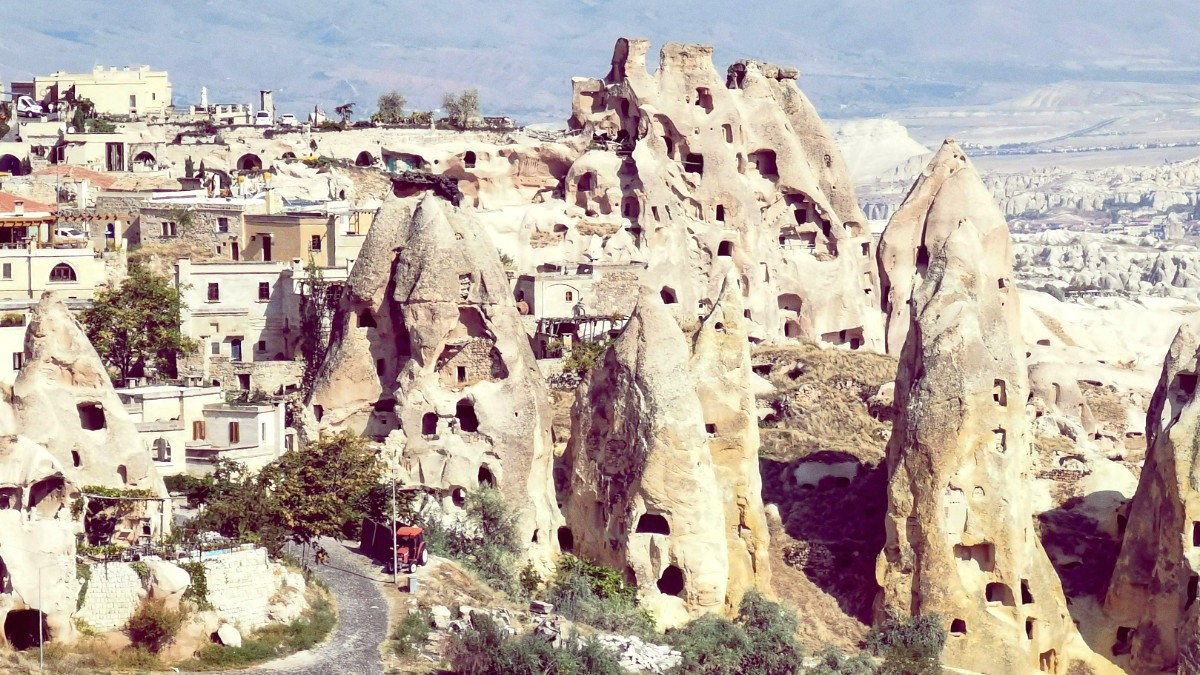
Central Anatolia, Turkey
Konya experiences a continental climate. This results in significant temperature differences between summer and winter. Precipitation levels vary, with generally dry summers and more moisture, often as snow, in winter. Humidity levels remain low across all seasons.
Temperatures range significantly throughout the year. Spring and autumn bring mild conditions. Summers are hot and dry. Winters are cold and snowy, with the city transforming into a winter wonderland during peak snowfall.
Konya does not experience extreme weather events like monsoons or hurricanes. However, preparation for its continental climate extremes is wise.
In summer, temperatures can soar above 35°C (95°F) in July and August. Stay hydrated and seek shade during midday. During winter, prepare for freezing temperatures and significant snowfall. Roads can become icy, and travel plans might face delays.
Summer (June-August) & Şeb-i Arus (Dec)
Warm, sunny weather (summer). Unique spiritual experience (Şeb-i Arus).
High temperatures. Crowded attractions and higher prices, especially during Şeb-i Arus.
April-May and September-October
Mild, comfortable temperatures. Fewer tourists. Better value accommodation.
Cooler evenings need layering. Possibility of occasional rain showers.
November-March (Excluding Şeb-i Arus)
Significantly fewer crowds. Lower accommodation prices. Unique winter atmosphere.
Cold temperatures and heavy snow possible. Limited outdoor activities. Shorter daylight hours.
Spring (April-May) and Autumn (September-October) offer the most pleasant conditions for exploring historical sites like the Mevlana Museum, Alaaddin Hill, and Seljuk medreses. Comfortable temperatures aid extended outdoor exploration.
Spring and early summer (late April to June) are optimal for archaeological sites (e.g., Çatalhöyük, Kilistra). The weather is comfortable and the landscape green. Avoid peak summer heat and winter snow for these excursions.
The whirling dervishes ceremony (Sema) occurs weekly at the Mevlana Cultural Center, usually on Saturday evenings, year-round.
The most significant events are during the Mevlana Commemoration Ceremonies (Şeb-i Arus) in December. Plan for mid-December if you wish to attend this major spiritual festival.
Accommodation and tickets for the Şeb-i Arus period often book well in advance due to high demand.
Verify specific Şeb-i Arus dates as they vary slightly each year.
This festival offers a deep dive into Mevlevi Sufi traditions and Rumi's philosophy.
Visa requirements vary by nationality and the purpose and duration of your visit. Always check the most current information from official sources before your travel dates.
Many nationalities qualify for an e-Visa. This is a convenient option. Apply online via the official Republic of Turkey Electronic Visa Application System (Www.evisa.gov.tr).
Some nationalities must apply for a traditional sticker visa at a Turkish embassy or consulate in their country of residence before traveling. A limited number of nationalities enjoy visa-free entry for specific durations.
Konya offers good healthcare facilities, notably in private hospitals. Pharmacies are widely available, providing advice for minor ailments and dispensing over-the-counter medications.